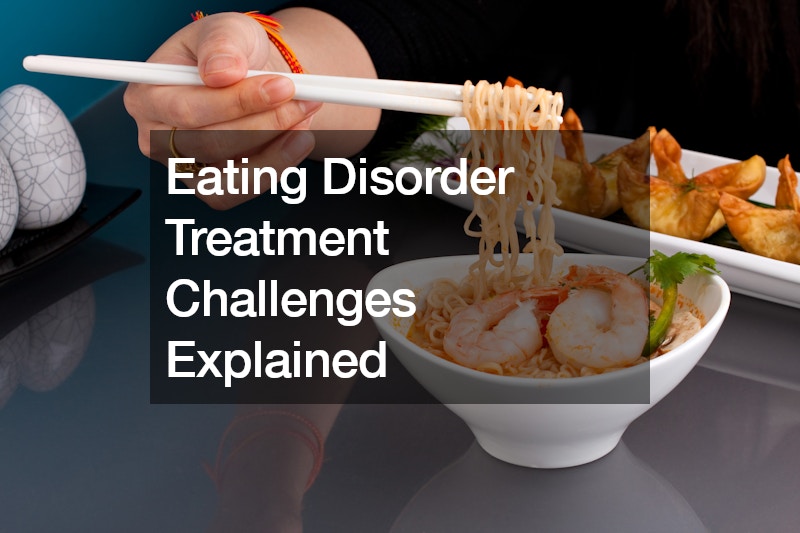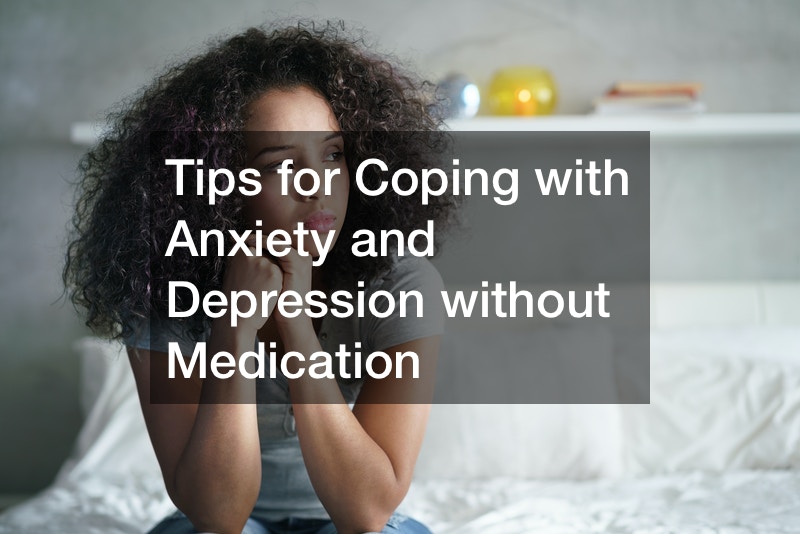
Eating disorders affect millions of individuals worldwide, presenting significant challenges in both diagnosis and treatment. Despite increased awareness and understanding, navigating the complexities of treating eating disorders remains a formidable task for healthcare professionals and patients alike. This article delves into the various challenges encountered in treating eating disorders, including misconceptions, diagnostic difficulties, and the unique complexities faced in addressing athlete eating disorders.
Understanding Eating Disorders
Eating disorders encompass a range of psychiatric conditions characterized by abnormal eating habits and patterns. These disorders often involve extreme emotions, attitudes, and behaviors surrounding food and body image.
Common eating disorders include anorexia nervosa, bulimia nervosa, and binge-eating disorder. While the exact causes of eating disorders are complex and multifaceted, genetic, environmental, and psychological factors all play significant roles.
Diagnostic Challenges
One of the primary challenges in treating eating disorders lies in accurate diagnosis. Misconceptions about these disorders abound, including the belief that they are solely determined by body weight. In reality, individuals across all weight ranges can experience eating disorders, making diagnosis based on physical appearance alone inadequate. Moreover, the secretive nature of disordered eating behaviors often leads to delayed diagnosis, as individuals may go to great lengths to conceal their struggles.
Treatment Complexity
Treating eating disorders is inherently complex due to the intertwined physical and psychological aspects of these conditions. Effective treatment requires a multifaceted approach that addresses both the symptoms and underlying causes of the disorder. Nutritional counseling, psychotherapy, and medication may all be components of a comprehensive treatment plan. However, finding the right combination of therapies tailored to the individual’s needs can be challenging and may require ongoing adjustments.
Athlete Eating Disorders
Athletes, in particular, face unique challenges when it comes to eating disorders. The pressure to excel in sports, combined with aesthetic ideals and performance expectations, can contribute to the development of disordered eating behaviors. Athlete eating disorders often go unrecognized or are dismissed as necessary for performance, further complicating treatment efforts. Addressing these disorders in athletes requires a nuanced approach that acknowledges the intersection of athletic performance and mental health.
Overcoming Stigma
Stigma surrounding eating disorders remains a significant barrier to treatment. Shame, guilt, and fear of judgment prevent many individuals from seeking help, leading to prolonged suffering and increased health risks. Overcoming stigma requires ongoing education, awareness campaigns, and destigmatization efforts within communities and healthcare settings.
Early Intervention
Early intervention is crucial in improving outcomes for individuals with eating disorders. Timely recognition of symptoms and prompt access to specialized care can prevent the progression of the disorder and minimize long-term complications. Educating healthcare providers, educators, and the general public about the signs of eating disorders is essential in facilitating early intervention and support.
The Intersection of Social Media and Body Image
In today’s digital age, social media platforms often perpetuate unrealistic beauty standards, leading to body dissatisfaction and increased vulnerability to eating disorders, especially among young people. Constant exposure to edited images and curated lifestyles can distort perceptions of body image and contribute to feelings of inadequacy. Understanding the influence of social media on mental health is crucial in developing strategies to promote positive body image and resilience against harmful societal pressures.
Nutritional Strategies for Athletes with Eating Disorders
Athlete eating disorders present unique challenges due to the physical demands of sports and the pressure to maintain specific body compositions. Implementing effective nutritional strategies is essential in supporting athletes’ recovery while ensuring they meet their performance goals. Balancing nutritional needs, such as energy intake and nutrient requirements, with the treatment of disordered eating behaviors requires a multidisciplinary approach involving dietitians, sports psychologists, and medical professionals. Tailored nutritional interventions can optimize athletes’ health, well-being, and athletic performance throughout their recovery journey.
Support systems play a crucial role in the recovery journey of individuals with eating disorders. These systems may include family, friends, support groups, therapists, and healthcare professionals. They offer emotional support, encouragement, understanding, and guidance throughout the treatment process. Support systems provide a safe space for individuals to express their feelings, fears, and struggles without judgment. They also help in promoting healthy behaviors, coping mechanisms, and relapse prevention strategies. By offering consistent support and encouragement, these systems empower individuals to navigate the challenges of recovery and work towards healing and improved well-being.
Conclusion
Eating disorder treatment presents a myriad of challenges, encompassing diagnostic intricacies, societal stigma, and multifaceted therapeutic requirements. To effectively address these hurdles, a comprehensive approach emphasizing early intervention, tailored treatment modalities, and destigmatization endeavors is paramount. By bolstering awareness, enhancing accessibility to care, and cultivating a nurturing environment, we can bolster treatment efficacy and provide invaluable support to individuals navigating their path to recovery. Moreover, fostering collaboration among healthcare professionals, educators, and community stakeholders is instrumental in creating a holistic support network that addresses the complex needs of individuals affected by eating disorders. Through concerted efforts, we can dismantle barriers to treatment and promote lasting healing and well-being.
.




